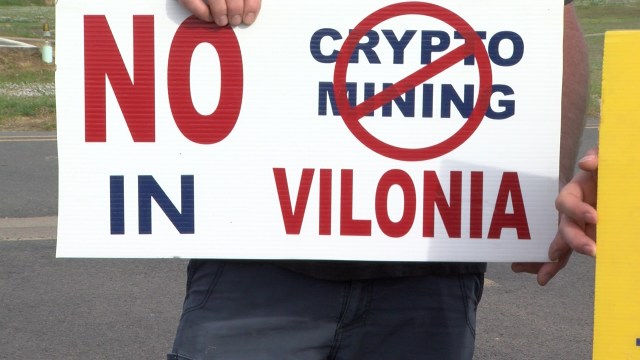Crypto Controversy: Vilonia Community Tensions Rise as Mining Project Stalls

Residents of Vilonia are grappling with a wave of intense emotions following a controversial planning commission meeting. Community members expressed deep frustration, describing feelings of being marginalized and unheard after a sudden agenda amendment sparked widespread disappointment.
The meeting, which was meant to address local community concerns, instead left many residents feeling overlooked and dismissed. Powerful sentiments of being "unwanted" and "unacceptable" echoed through the community, reflecting a growing sense of disconnect between local leadership and the people they serve.
Residents spoke passionately about their concerns, highlighting the need for transparent communication and genuine community engagement. The unexpected agenda change has not only stirred emotional responses but also raised serious questions about the decision-making processes within the local planning commission.
As tensions continue to simmer, community members are calling for a more inclusive approach to local governance and a renewed commitment to listening to the voices of Vilonia's residents.








